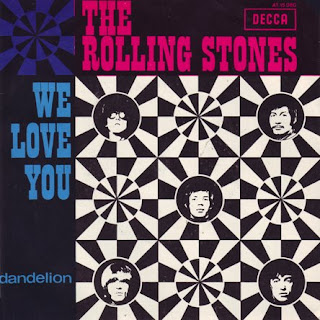
I think you'll like it.
1. Slightly Delic
Specializing in (but not confined to) psychedelic music
from the past five decades.


Download The Further Adventures of Charles Westover

Second is Chubby Checker's Chequered!. Chubs is most known for the single/dance craze "The Twist" that white people loved so much. I'm not totally clear on the details of this one, released in 1971. Something about Amsterdam, a shitty record exec on a shitty record label. Apparently Chubby's not keen on talking about it. The good news is it's a pretty good album. If you're a fan of psych-blues-gospel-rock stuff in the vein of Sly and post-Love Arthur Lee, you'll probably like it. Lots of organ. "Goodbye Victoria" has an earwig of a chorus. "Stoned in the Bathroom" is pretty funny. I like "He Died" also, some really satisfying chord changes.
Tracklist:
1. Goodbye Victoria
2. My Mind
3. Slow Lovin'
4. If the Sun Stopped Shining
5. Stoned in the Bathroom
6. Love Tunnel
7. How Does it Feel
8. He Died
9. No Need to Get So Heavy
10. Let's Go Down
11. Ballad of Jimi
12. Gypsy (Bonus Single)
Download Chequered!
There's probably a bunch more albums in line with this post's theme. I was considering including The 4 Seasons' The Genuine Imitation Life Gazette and The Tokens' Intercourse, but I wasn't sure they were really worth writing about, although Gazette has its moments. Unless we get readers clamoring for these albums, you should be able to find them pretty readily on the innernette.




